“I felt really scared, to be honest,” says James, recounting an incident on Snapchat that made him question whether it was safe to go to school. The 12-year-old Australian had a falling out with a friend, and one night, before bed, his friend added him to a group chat with two older teenagers.
His phone “started blowing up” with violent messages almost immediately. “One of them sounded like he was probably 17,” James recalls. “He sent me videos of him with a machete, waving it around, then voice messages saying they were going to catch me and stab me.”
James, not his real name, had joined Snapchat at age 10 after a classmate suggested the app for their friend group. But after the cyberbullying incident, which was ultimately resolved with the help of his school, James deleted his account.
His experience highlights why his mother, Emma (a pseudonym), supports the Australian government’s proposed social media ban on children under 16. She believes the law is necessary to protect kids from the dangers of social media.
The proposed legislation, tabled in Parliament’s lower house last Thursday, is described by Prime Minister Anthony Albanese as “world-leading.” It aims to shield young Australians from the “harms” of social media, including platforms like X, TikTok, Facebook, and Instagram.
While many parents support the ban, some experts question whether it is practical—or even effective. They also raise concerns about the potential consequences of restricting kids’ access to social media.
What is Australia proposing?
Albanese argues the ban is about safeguarding kids’ childhoods and giving parents peace of mind. The new law, which is still in its early stages, will prohibit children under 16 from accessing major social media platforms, with no exemptions for existing users or parental consent.
Tech companies that fail to comply could face fines of up to A$50 million ($32.5 million), but platforms offering “low-risk” services for kids could be exempted. The bill outlines a framework for the ban, but the specifics will be handled by the eSafety Commissioner. The law would not take effect for at least 12 months after its passage.
However, messaging services and gaming sites, like YouTube (which does not require an account), will not be affected. This raises questions about how regulators will define “social media” in an ever-changing digital landscape.
A group representing tech companies like Meta, Snapchat, and X has criticized the ban, arguing it’s a “20th-century response to 21st-century challenges.” They warn that it could push kids into unregulated parts of the internet, a concern echoed by experts. Julie Inman Grant, the eSafety Commissioner, acknowledges the difficulty of enforcing the ban, as technology evolves faster than policy.
Inman Grant also questions the underlying assumption that social media directly causes declining mental health in young people. She notes that some vulnerable groups, such as LGBTQ+ or First Nations teenagers, find comfort and support online that they don’t experience in the real world.
This sentiment is shared by 15-year-old Lucas Lane, who runs an online business selling nail polish to boys. “This ban destroys my friendships and the ability to make people feel seen,” Lane says.
Instead of a ban, Inman Grant advocates for tech companies to improve their platforms and for more investments in online safety education. She compares it to teaching children how to swim safely rather than fencing off the ocean.
But for parents like Emma, the ban is seen as a more effective solution. “Should we waste time trying to help kids navigate these systems when tech companies just want them on all the time?” she asks. “Or should we just let them be kids?”
Amy Friedlander, a mother and advocate for delaying smartphone use, agrees. “We can’t ignore the positives of technology, but we haven’t fully considered the impact on brains that aren’t ready for it.”
‘Too blunt an instrument’
Over 100 Australian academics have criticized the ban as “too blunt an instrument” and argue it goes against UN guidelines, which call for young people to have “safe access” to digital spaces. A bipartisan parliamentary committee examining social media’s impact on adolescents has also rejected the ban, recommending instead that tech companies face stricter regulations.
In response, the government says it plans to introduce “digital duty of care” laws, making it a legal obligation for tech companies to prioritize user safety.
Joanne Orlando, a researcher in digital behavior, believes the ban could be part of a broader strategy but shouldn’t be the sole approach. She argues that the key should be educating kids on how to critically engage with social media and content online.
The government has already allocated A$6 million to develop free digital literacy tools, but many young Australians are not receiving regular lessons. Experts also warn that implementing effective age-verification technology presents significant challenges, particularly concerning privacy risks.
Will Australia succeed?
Australia is not the first country to attempt restricting children’s access to certain online platforms. South Korea’s “shutdown law” from 2011, which prohibited children under 16 from playing online games during certain hours, was scrapped after backlash. France introduced a law blocking access to social media for kids under 15 without parental consent, but research showed that many were able to bypass it using a VPN. A similar law in Utah was blocked by a federal judge in the US, who deemed it unconstitutional.
Albanese has acknowledged that the proposal may not be flawless and has promised a review if the law passes. “Technology moves fast, and some people will try to find ways around these laws,” he said. “But that doesn’t mean we ignore our responsibility.”
For parents like Emma and Friedlander, the law’s message is just as important as its potential impact. “For too long, parents have had to choose between giving their kids an addictive device or watching them feel isolated and left out socially,” Friedlander says.
James, now no longer on Snapchat, says he spends more time outside with friends, and he hopes the new laws will help other kids “get out and do the things they love” instead of feeling pressured to stay online.




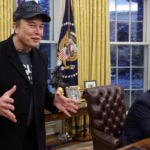

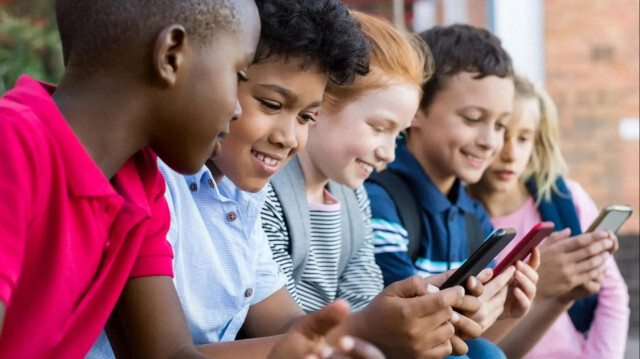
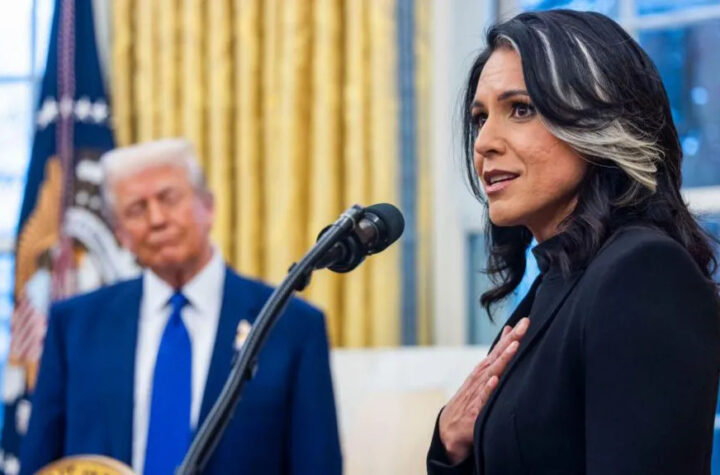

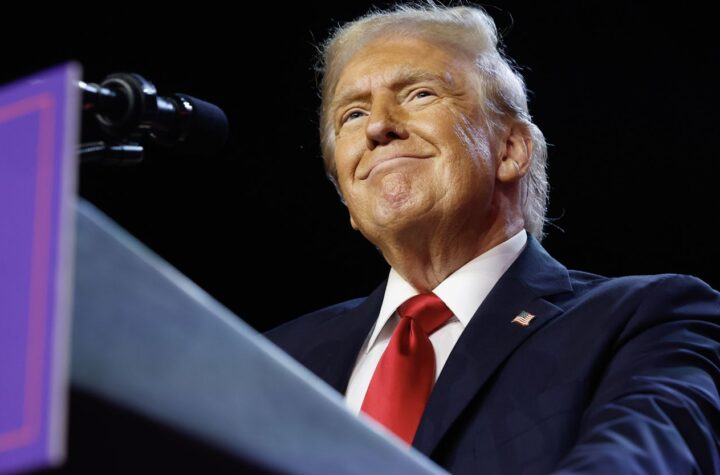
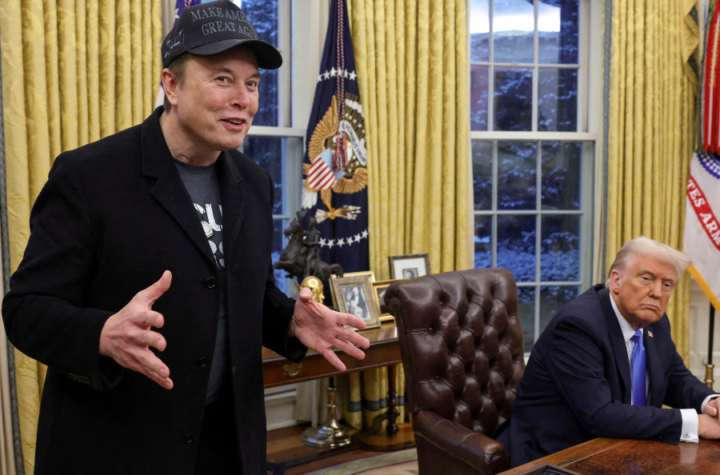
More Stories
South Korea imposes a ban on new downloads of DeepSeek AI
Australia bans DeepSeek on government devices due to security concerns
LinkedIn faces accusations of using private messages to train AI